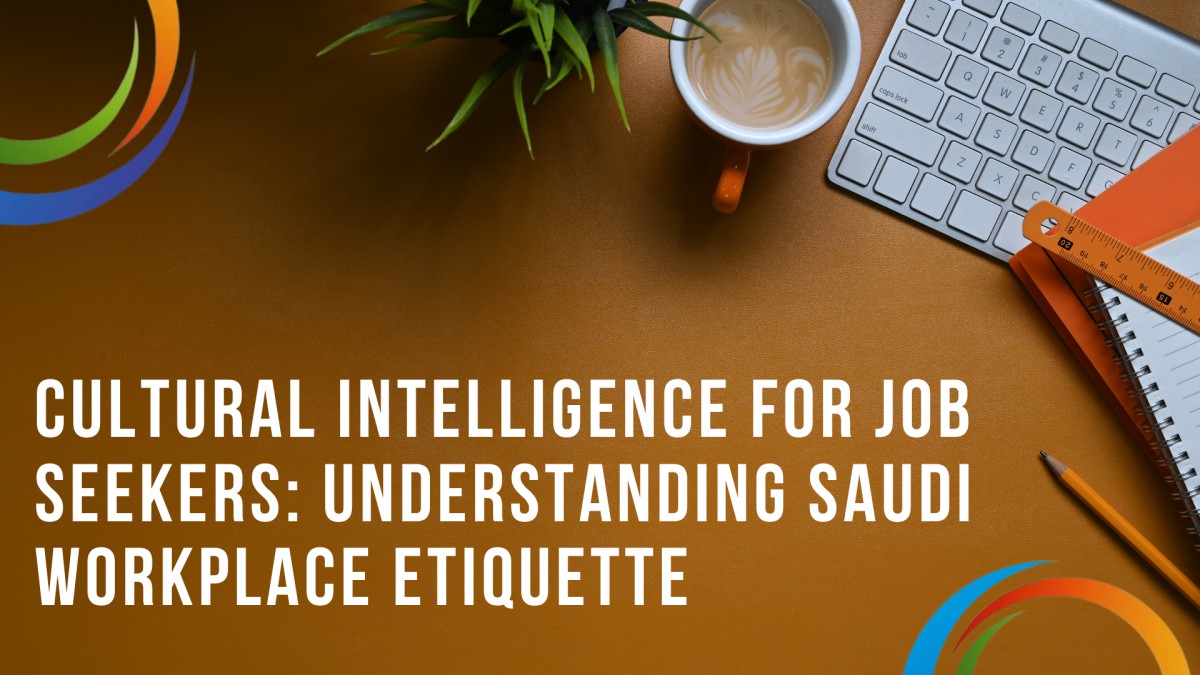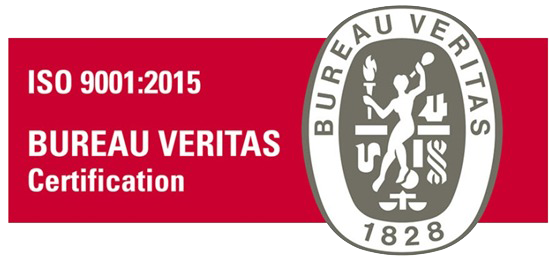
Cultural Intelligence for Job Seekers: Understanding Saudi Workplace Etiquette
In today's globalized job market, cultural intelligence (CQ) is no longer a soft skill – it's a strategic imperative. For job seekers eyeing opportunities in Saudi Arabia, a deep understanding of local workplace etiquette isn't just about making a good impression; it's about demonstrating respect, building rapport, and ultimately, succeeding in a unique and rewarding professional environment.
Saudi Arabia, a nation rich in history, tradition, and rapid modernization, offers immense professional growth. However, its workplace culture is distinct, deeply rooted in Islamic values and tribal customs. Approaching it with an open mind and a culturally intelligent toolkit will set you apart from the competition.
Why Cultural Intelligence Matters in Saudi Arabia
Imagine this: You ace an interview, but during a follow-up meeting, you accidentally use your left hand to accept a document, or you interrupt someone mid-sentence. While seemingly minor, these actions, if repeated or misunderstood, can inadvertently communicate disrespect in a Saudi context. Cultural intelligence helps you avoid such pitfalls and instead, fosters genuine connections.
CQ allows you to:
Interpret subtle cues: Understand unspoken communication and body language.
Adapt your behavior: Adjust your communication style and actions to align with local norms.
Build trust: Show genuine respect for cultural values, leading to stronger professional relationships.
Navigate complexities: Understand decision-making processes and hierarchies more effectively.
Key Aspects of Saudi Workplace Etiquette for Job Seekers
Here are some crucial elements of Saudi workplace etiquette, along with attractive examples to illustrate their application:
1. Greetings and Introductions: The Foundation of Respect
First impressions are paramount. In Saudi Arabia, greetings are an art form.
The Handshake:
Men: Generally, a firm but not crushing handshake is appropriate. Maintain eye contact.
Women: Do not initiate a handshake with a Saudi man unless he extends his hand first. A polite nod and a smile are sufficient. Similarly, when greeting Saudi women, wait for them to initiate.
Example: At a networking event, as you're introduced to a potential Saudi colleague, offer a warm smile and a polite "Assalamu Alaikum" (Peace be upon you). If they extend their hand, reciprocate with a gentle but firm handshake, maintaining eye contact. If it's a female colleague and she offers a nod, reciprocate with a smile and a nod.
Titles and Forms of Address: Always use "Mr." or "Ms." followed by the first name initially, or if they have a professional title (e.g., Doctor, Engineer), use that. Once invited, you can use their first name.
Example: Addressing a senior manager as "Mr. Ahmed" or "Dr. Abdullah" initially shows respect.
2. Communication Style: Indirectness and Politeness
Saudi communication is often more indirect and emphasizes politeness and harmony.
High-Context Communication: Much is understood through context, non-verbal cues, and shared cultural understanding. Direct "no" can be perceived as rude.
Example: Instead of saying "No, I can't do that," you might hear or use phrases like "Inshallah" (God willing) or "I will see what can be done," which subtly convey difficulty without direct refusal. As a job seeker, if asked about a timeline you can't meet, you might say, "I will do my utmost to achieve that, and I will keep you updated on progress."
Politeness and Deference: Avoid interrupting. Allow others to finish their thoughts. Show deference to seniority.
Example: During an interview, even if you have a brilliant point, wait for the interviewer to complete their sentence before interjecting. This demonstrates active listening and respect.
Small Talk (Musayarah): Engaging in brief, pleasantries and personal inquiries before diving into business is crucial for building rapport.
Example: Before a meeting, a few minutes of conversation about family, health, or general well-being (without getting overly personal) can significantly warm up the atmosphere. "How was your Eid holiday?" or "I hope you and your family are well" are good starting points.
3. Meeting Etiquette: Patience and Protocol
Meetings in Saudi Arabia might differ significantly from what you're accustomed to.
Punctuality (with a caveat): While you should always strive to be punctual, be prepared for meetings to start late or be interrupted. Flexibility is key.
Example: Arrive 10-15 minutes early for your interview to show keenness. If the interviewer is late, use the time to review your notes or observe the office environment, rather than showing impatience.
Hierarchy and Seniority: Decisions often come from the top. Be mindful of who is in charge and direct your primary attention to them.
Example: In a group interview, while acknowledging everyone, subtly focus your most detailed answers and eye contact on the most senior person present.
Hospitality: Expect to be offered Arabic coffee (Gahwa) or tea. Accept it gracefully.
Example: When offered Gahwa, accept it with your right hand and express gratitude. If you don't drink coffee, politely decline and express appreciation for the offer.
4. Dress Code: Modesty and Professionalism
Appearance is a significant indicator of respect and professionalism.
Men: Business suits or smart casual attire (shirt and trousers) are appropriate. Avoid overly casual wear.
Example: For an interview, a well-fitting dark suit is always a safe and respectful choice.
Women: Modest attire is essential. Shoulders and knees should be covered. Loose-fitting clothing is preferred. A headscarf (abaya) is not typically required for non-Saudi women in the workplace unless specified by the organization or for certain roles, but having a scarf on hand for visits to public places or certain offices is advisable.
Example: For a female job seeker, a conservative pantsuit or a long-sleeved dress that goes below the knee, paired with a modest top, is appropriate. Avoid revealing necklines or tight clothing.
5. Islamic Values and Practices: Sensitivity and Awareness
Saudi workplace culture is deeply intertwined with Islamic principles.
Prayer Times: Be aware that prayer times are observed throughout the day. Business activities may pause.
Example: If a meeting is interrupted for prayer, use the time to reflect or prepare for the next agenda item. Do not express impatience.
Ramadan: During the holy month of Ramadan, working hours may be reduced, and eating, drinking, and smoking in public are prohibited during fasting hours.
Example: If you're interviewing during Ramadan, be mindful of those fasting and avoid consuming food or drink in front of them. Offer flexibility if meeting schedules are adjusted.
Gender Segregation (Less Common in Modern Workplaces, but Still Present): While many modern offices are integrated, some older establishments or specific departments might still observe some level of gender segregation. Be prepared to adapt.
Example: If you find yourself in a waiting area where men and women are separate, simply follow the lead of the staff or signage.
6. Building Relationships: Beyond the Resume
Networking and personal connections (Wasta, though less formal than often portrayed, still plays a role in fostering trust) are significant.
Patience: Building trust and rapport takes time. Don't rush relationships.
Generosity and Hospitality: Be prepared to reciprocate hospitality if given the opportunity.
Example: If you've had a successful interview, a polite thank-you email reaffirming your interest is good. If you have an opportunity to attend a company social event, participate respectfully and engage in friendly conversation, showing your genuine interest in the culture.
Conclusion
For job seekers, understanding Saudi workplace etiquette is not about changing who you are, but about demonstrating cultural intelligence – the ability to adapt and interact effectively across diverse cultures. By investing in this understanding, you will not only avoid potential missteps but also build genuine connections, showcase your professionalism, and significantly enhance your prospects for a successful and fulfilling career in Saudi Arabia.
Follow M. Gheewala Global HR Consultants for Latest Vacancies



